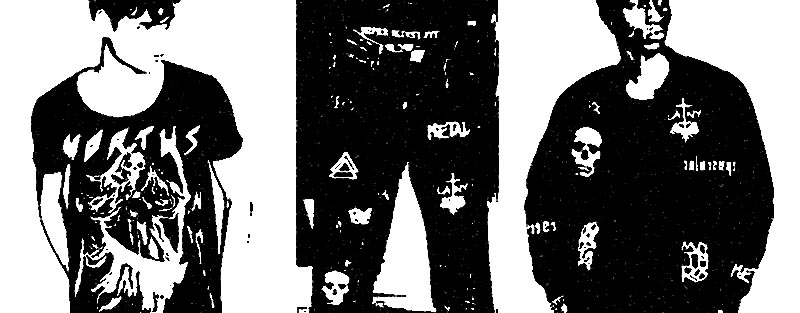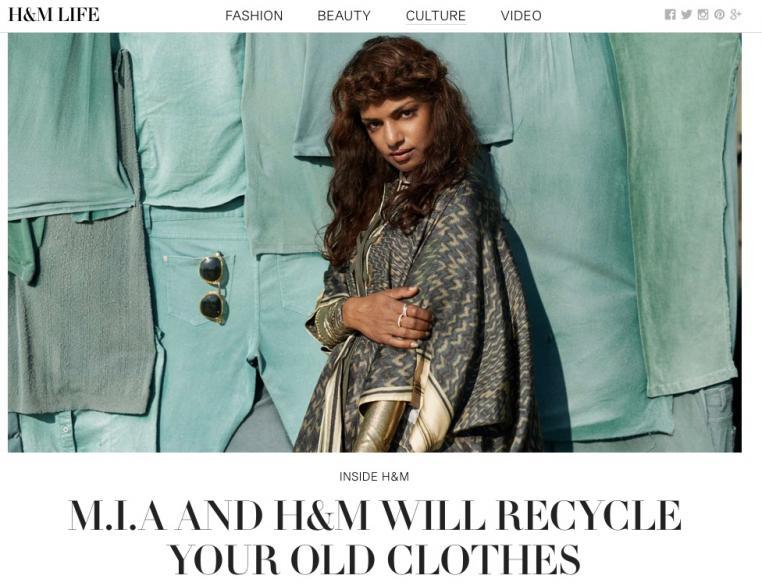A leak from CARPA-operatives have revealed a series of CARPA operations in cooperation with the clothes giant H&M from the “neutral” Sweden. Not only is Sweden the world’s largest arms-producing country per capita, but it also has a long history of state sponsored art strategies for soft influence in global politics. This ranges from infiltration into the security council of the UN to ABBA musicals and the promotion of Volvo as a car with socialist values. Not only does the Swedish art and design schools favor communist-inspired “social art”, but also sponsors their artist agents with generous state grants to wage discursive war and value struggles for the benefit of NATO and its allies.
As Carpaleaks has unveiled lately, the DoD has produced a new series of geo-political and economic strategies, and one of these has been the weaponization of waste. CARPA’s recent work with H&M has been explicitly using “alternative” lifestyles and artists to launch their offensive into propagating neo-consumerist power against the post-industrial adversaries of the West, using waste and recycling as instruments to undermine off-shore production and markets.
One such example has been H&M’s much debated “metal” collection, where rebellion and anti-authoritarian lifestyle is mixed with consumerism, repeating earlier successes of UK punks and US hardcore cultures and subversive customs, yet with the clear agenda of furthering dissipative cycles of binging new clothes. Recruiting Finnish agents, H&M and CIA has managed to clothe the political insurgents while the CIA simultaneously funds dissident training for “velvet” revolutions in youth cultures employed against its enemies. Such training is defended by liberal progressives, as advancing “human rights”, while simultaneously arguing the UN human rights are based on western hegemony, individualism and consumerist processes of identity production.
As a seemingly “responsible” act, H&M’s “World Recycle Week” uses its hegemonic position in fast fashion to posit a new set of “conscious” consumer practices, which all aim at undermining the industrial positions of US and NATO adversaries. By recruiting cool and dissident artists, such as M.I.A., to make this post-colonial grand strategy seem ethical, H&M is now to collect 1000 tons of used garments which can in the next move be used as an “aid weapon” to dump and undermine the clothing industry in a developing economy. H&M thus not only runs the explicit errands of US and NATO economic and geo-political interests, but develops new “closed loop” economic models to make sure Western money stays within economic circuits of western services, while still boosting Western hegemony. Western waste has thus become a weapon against any threat to the current order, assisting western supremacy and the legacy of environmental and instrumental realism and domination.




Recent Comments